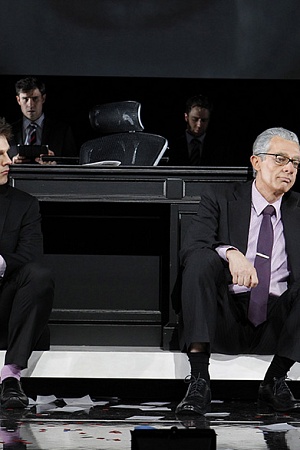Opera from the Greek: Studies in the poetics of appropriation
Ashgate, £55 hb, 226 pp
The birth of opera
It has been the opinion of many, most Christian Queen, that the ancient Greeks and Romans, in representing their tragedies upon the stage, sang them throughout. But until now this noble manner of recitation has been neither revived nor (to my knowledge) even attempted by anyone, and I used to believe that this was due to the imperfection of the modern music, by far inferior to the ancient.
Thus writes poet Ottavio Rinuccini to Maria de’ Medici, dedicatee of Rinuccini’s Euridice. Set to music by Jacopo Peri and performed in Florence in 1600 as part of the festivities to mark the marriage of Maria de’ Medici to Henri IV of France, Euridice is one of the earliest surviving operas. Rinuccini, Peri, Caccini and the other inventors of opera sought to address ‘the imperfection of the modern music’ by advocating a type of solo vocal music that took as its starting point the meaning and sentiment of the poetry (as Claudio Monteverdi later put it, the words were ‘the mistress of the harmony’). Hand in hand with this was a manner of delivery that placed emphasis upon dramatic declamation and expression. It was believed that this kind of performance style approximated the ‘noble manner of recitation’ of ancient tragedies. Accordingly, the inventors of opera held that they were not so much creating a new dramatic practice as reviving an old one. As if to drive the point home, they turned to Greek sources when scouting around for plots. In its first decade, opera yielded two Euridices, a Dafne and an Orfeo.
Continue reading for only $10 per month. Subscribe and gain full access to Australian Book Review. Already a subscriber? Sign in. If you need assistance, feel free to contact us.









